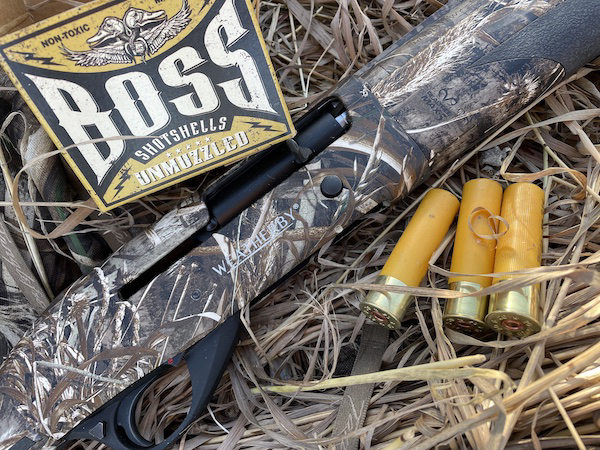Poachers Cheat Sportsmen
By Glen Wunderlich
Jeff Kerr of Lapeer County is famous – for all the wrong reasons. When he chose to hunt deer without a hunting license, he chose to become a poacher. And, when he killed a trophy whitetail buck, he began to live a lie that will follow him wherever he goes.
Kerr shot a trophy 13-point buck after his hunting buddy missed, claiming “…I couldn’t let it go…” Actually, he could have let it go, but he chose to complicate his life when he pulled the trigger. If he ever wanted notoriety, he sure got it; the story of this cheat is all over America.
He ended the lie when he fessed up to conservation officer, Ken Kovach, but it doesn’t change the image captured of a cheater posing for photos in the back of his pickup truck.
For a fee of $15 he rolled the dice. He must have thought the odds of getting caught were slim to none. And, they probably were. He weighed risk versus reward, when he made the decision to cheat the system. Oh, but what a tangled web we weave…
The point of all this is not to beat up on Mr. Kerr; that’s the job of conservation officials. But, cheating the system is cheating sportsmen, who play by the rules. And, much of it is done for bragging rights.
Antler hunters typically waste meat in spite of laws forbidding it. Some may choose to cash in on the value of trophy antlers that sell anywhere from hundreds to thousands of dollars across the globe. Many cheaters trespass to ply their trade, once again cheating legitimate, tax-paying landowners/hunters.
Poachers also cheat the future of hunting. In fact, they are the anti-hunters close allies, as they show no concern for wildlife management.
Some argue that penalties should be increased for such game violations and HB 4927 introduced this year in the Michigan legislature would do just that, although it addresses only baiting violations. I’m all for tanning the hides of poachers, but this bill would funnel fine revenue collected for a violation of the act to public libraries.
While libraries may be in trouble, they are going the way of the phone booth; the internet has seen to that. But, when conservation funding continues its decline, it seems to make more sense to put the money back into wildlife conservation.
According to the U.S. Fish & Wildlife Service, hunters and fishermen fund nearly 75% of the annual income for all 50 state conservation agencies. Through license fees and excise taxes on arms and gear, sportsmen contribute $200 million per year for wildlife conservation.
Some states impose huge penalties – well into thousands of dollars for animals that are in the defined trophy class – and maybe it’s time for Michigan to follow suit.
To bolster wildlife revenue in Michigan, an additional strategy would be a tip system that would reward sportsmen for turning in the cheats with fines collected. Some of the money could go to tipsters and the rest could fund wildlife issues.
The bottom line is that, as sportsmen, we shouldn’t tolerate abuse by law breakers. They cheat us all.







